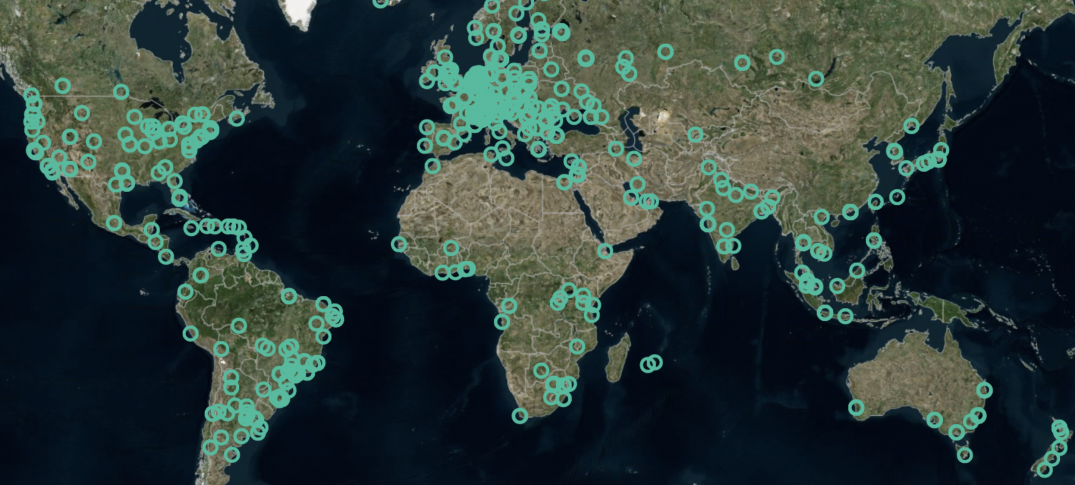
There is a growing consensus within different organisations, including the International Telecommunication Union (ITU), that connectivity must not only be universal but also meaningful. For the United Nations Broadband Commission, “meaningful universal connectivity” encompasses broadband that is available, accessible, relevant and affordable, but also that is safe, trusted, user-empowering and leads to positive impact.
Removing barriers for the development of community networks is rooted in both international and regional resolutions. Meanwhile, at the national level, various countries around the world have already created community network categories in their licensing frameworks. In Africa, Zimbabwe, Uganda, Ethiopia and Kenya have all considered community networks within their frameworks. In Latin America, similarly, Mexico and Argentina have created provisions for their recognition, with Colombia and Brazil working actively to enable them within their current frameworks.
This paper provides a brief overview of the growing recognition for community networks at the international, regional and national level and the evolution of regulatory frameworks to enable their development. Read the full paper here.